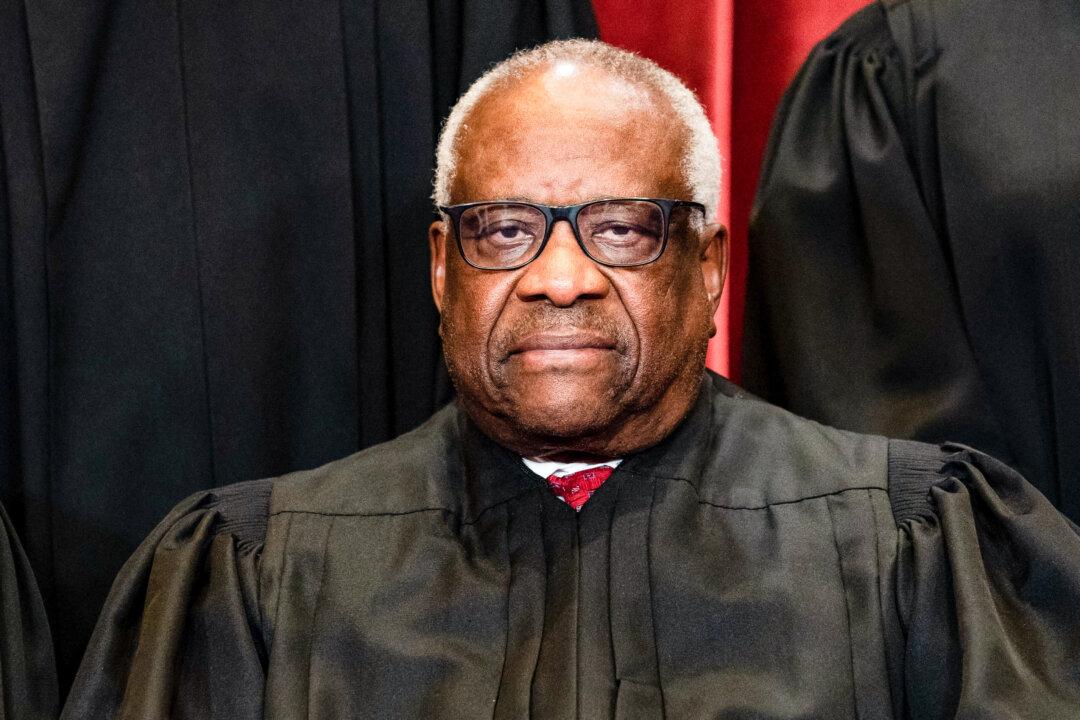A Supreme Court ruling on Aug. 17 denying a request to block a city-drawn electoral map for Miami that was challenged as illegally racially gerrymandered means that the disputed map will be used in the city’s Nov. 7 elections.
Supreme Court Justice Clarence Thomas referred to the full court a community group’s request to vacate a stay issued by the U.S. Court of Appeals for the 11th Circuit that blocked the map. The nation’s highest court then denied the request in an unsigned order.





